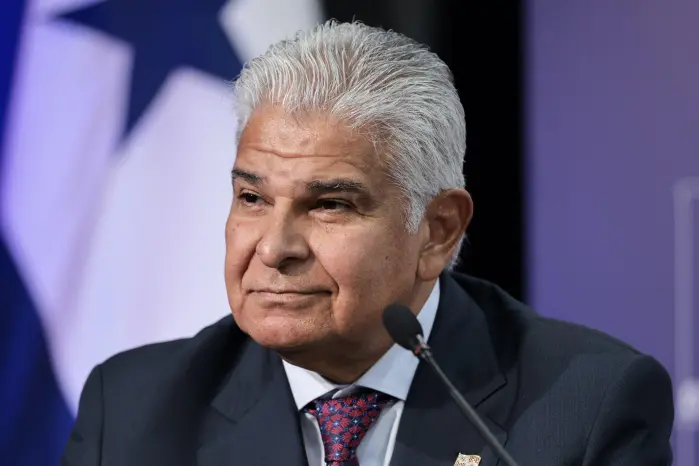Mulino signs into law plans to address mounting threat of CyberSecurity.
- By : James Bryson
- Category : Politics, Technology

On Tuesday, August 5, President José Raúl Mulino signed into law a law on international legal assistance in criminal matters and cybercrime.
This is Law 478 , which, according to the Executive Branch, strengthens the legal framework against cybercrime and adapts Panamanian legislation to the latest international regulations on the matter.
The bill had been approved in its third reading by the National Assembly on October 9, 2024, and submitted to the Executive Branch on October 11. However, President Mulino returned the text to the Legislature on November 27, with objections to certain articles, which were inconvenient and unconstitutional.
The objections were upheld, and the National Assembly amended the wording of three articles.
The revised Article 7 establishes that the penalty for identity theft for illicit purposes, using computer data, databases, or an electronic system, or acquiring them in any other way, will be five to ten years in prison. This aligns the penalty with that established in Article 221 of the Criminal Code for identity theft for financial gain.
Article 12, which establishes penalties of two to four years in prison for the creation, distribution, and marketing of content and software for the purpose of committing privacy offenses , now excludes from the criminal category lawful activities related to cybersecurity, ethical hacking, forensic analysis, and others whose purpose is not to commit the offenses provided for in the Penal Code.
The revised wording of Article 16 on digital evidence eliminates the power previously granted to the Public Prosecutor’s Office to act without prior oversight, thereby remedying potential flaws of illegality and unconstitutionality.
International Convention
President Mulino also signed Panama’s accession to the Ibero-American Convention on Cooperation on Investigation, Securing, and Obtaining Evidence in the Field of Cybercrime , signed in Madrid on May 28, 2014.
“The objective of the agreement is to strengthen cooperation between countries to adopt measures to help combat this type of crime,” states a statement from the Presidency of the Republic. “The agreement commits the signatory states to adopt actions regarding mutual cooperation, security measures, investigative procedures, information transfer, and dispute resolution on cybercrime issues with respect for human rights,” it explains.



No Comments